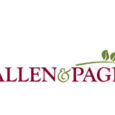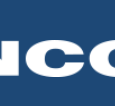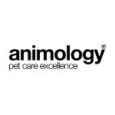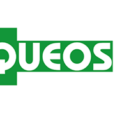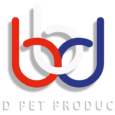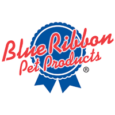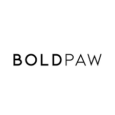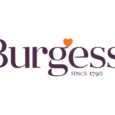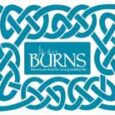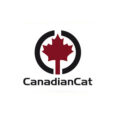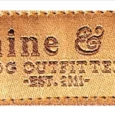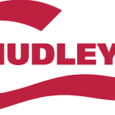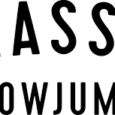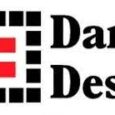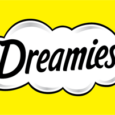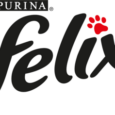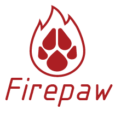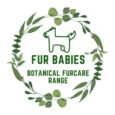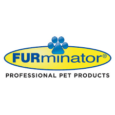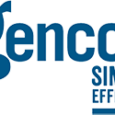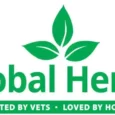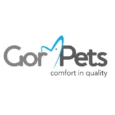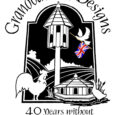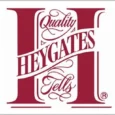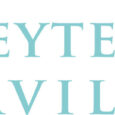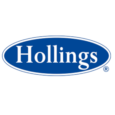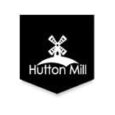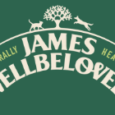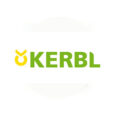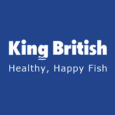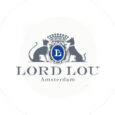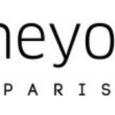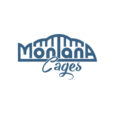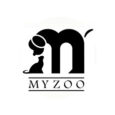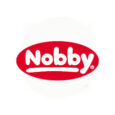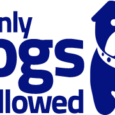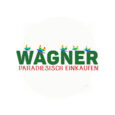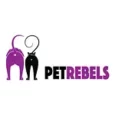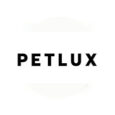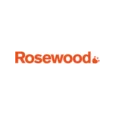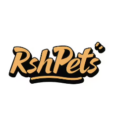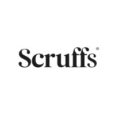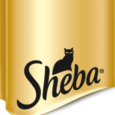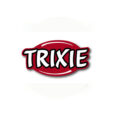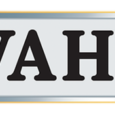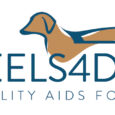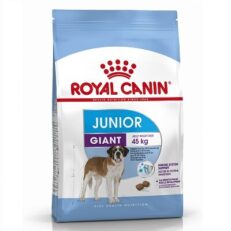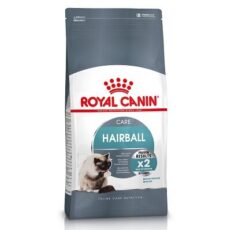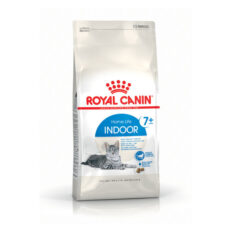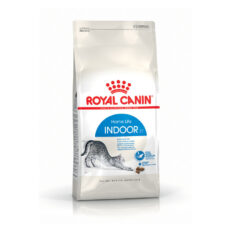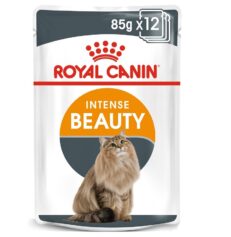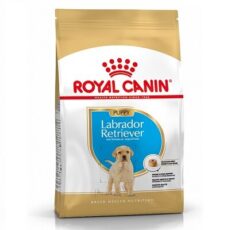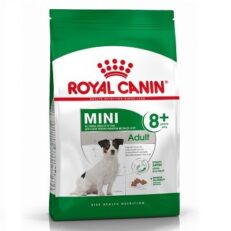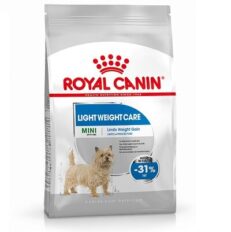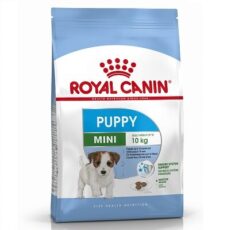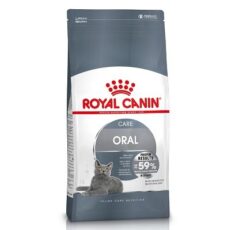Royal Canin stands as a pinnacle of quality in the pet food industry, bringing scientific rigor and a touch of French craftsmanship to every product they create. With its roots firmly anchored in France, the company was established in 1968 by a visionary veterinary surgeon, Jean Cathary. His clinical observations of skin and coat conditions in pets led him to the groundbreaking realization that nutrition was integral to pet health. Revolutionizing the pet food industry, Royal Canin became the first European company to employ extrusion technology, a manufacturing innovation imported from the U.S., thereby pioneering the production of dry pet food in France. Over the years, Royal Canin has not only garnered the trust of breeders but has also expanded its reach across Europe, thanks to its relentless focus on research and quality.
But this is more than a story of technological innovation; it’s a story of steadfast commitment to understanding the unique nutritional needs of cats and dogs. Through decades of research and development, Royal Canin has continued to break new ground. A dedicated research center was set up in Brittany as early as 1973, and additional facilities were later added in various parts of Europe to bolster their R&D capabilities. The company’s multi-faceted portfolio grew over the years to include a range of products beyond dry food, including canned food and bird seed. This scientific commitment enables them to produce specialized feeds that address a variety of health conditions and breed-specific needs, guided by their inspiring motto: “A Better World for Pets.”
The path hasn’t always been smooth, yet each obstacle only strengthened Royal Canin’s resolve. Acquired by Mars, Incorporated in 2002, the company continued to operate with a high degree of autonomy, enhancing its global reach. This multinational backing did not dilute the company’s focus but instead provided an avenue for expansion into North American markets. By 2008, a staggering eighty percent of the company’s revenue came from sales outside of France, employing around 4,500 staff worldwide. This is a testament to Royal Canin’s ability to maintain its identity while integrating into a larger corporate structure.
Modern-day Royal Canin is as committed to quality as ever, if not more so. In 2021, parent company Mars announced a massive investment plan of 46 million euros, with 22 million euros explicitly dedicated to Royal Canin’s French and Global headquarters in Aimargues. Here, the historic plant, a pilot plant, and an R&D center coalesce to shape the future of pet nutrition. These continuous investments in innovation and quality control show that Royal Canin is not resting on its laurels but is actively shaping a future that aligns with its founding principles.
In summary, Royal Canin is not just another pet food brand; it’s a decades-long legacy built on scientific research, clinical observation, and a deep-seated passion for improving the lives of pets through nutrition. Their extensive history and commitment to quality make them an industry leader, trusted by pet owners and breeders alike across the globe. Choose Royal Canin for a pet food experience that combines history, science, and an unrelenting commitment to “A Better World for Pets.”

